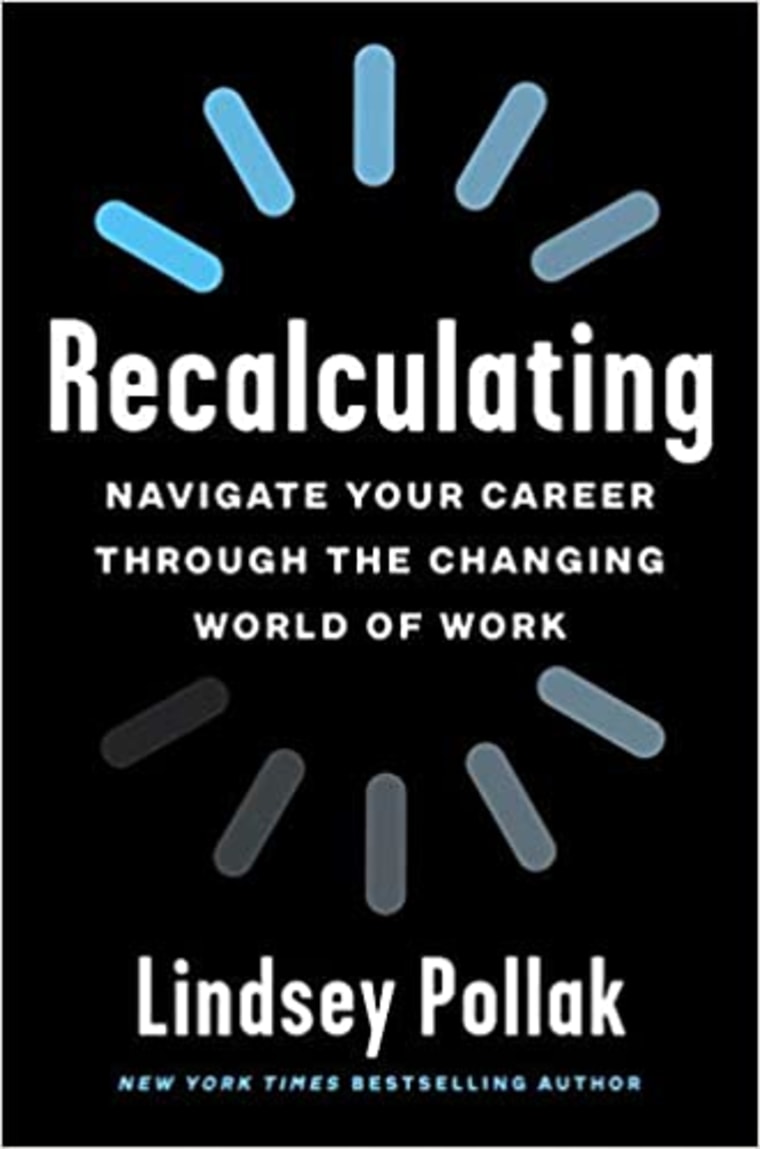The coronavirus pandemic has caused many professionals to consider changing their career path. In fact, 64 percent of American workers say they are looking for new job opportunities or will consider moving jobs if approached by another company, according to a recent study by human resources software and services firm Ceridian.
As Lindsey Pollak, career expert and author of the upcoming book, “Recalculating: Navigate Your Career Through The Changing World of Work,” explained, many people are no longer on the same career path as they were pre-pandemic. From minor changes like working from home or learning new skills, to major changes like being furloughed or switching careers entirely, many Americans’ mindsets have changed.
Despite the rough economy, “many people are making big changes,” Pollak said. If you, too, are considering a job change during the pandemic, there are simple steps you can take that will go a long way for career success. Here’s what to consider:
1. Embrace creativity
When considering a career change, get creative about your options. To stay competitive, “you’ll have to look a lot more creatively at the opportunities that are out there,” Pollak said. Think about which industries are thriving right now.
For example, if you’re looking for a marketing opportunity, consider marketing for industries that are doing particularly well, like grocery store chains. Ask yourself, “how can I broaden the scope of jobs I’m looking for?” If you’ve always worked for small businesses, consider applying for jobs at large corporations, and vice versa. In a nutshell, “cast a wider net,” Pollak said.

2. Prioritize action
When it comes to landing a new job, quantity is just as important—or perhaps even more important—than quality. It truly pays to take a proactive approach and make it a habit to regularly apply for new opportunities.
“It’s not unreasonable to expect that you’ll have to apply to hundreds of new jobs before you find the right one,” Pollak said. Envision the process as a way to build your platform, she suggested. Each job interview is a chance at networking and new possibilities down the road, even if you don’t land the specific job. “It’s more than just a numbers game,” Pollak said. “As you apply for more and more jobs, you get better at applying and increase your chances for success.”
3. Control what you can
You certainly can’t control every career change that happens during the pandemic, but you can control your narrative. If you have a career gap during the pandemic, explain what you did during that time—from caring for a loved one to refining your skillset.
Emphasize any new skills you improved on that can provide an advantage to the role you’re seeking, such as learning new tech skills, a new language or new public speaking techniques. “Control your actions and your attitude about your job search,” Pollak said.
4. Know your non-negotiables
The pandemic has taught many different lessons when it comes to careers—from creating a love or hate relationship to working from home to seeking a job with more meaning. When you’re searching, know which factors are must-haves. When it comes to salary, do your research and know the salary range for the position and industry you’re interested in, Pollak said. “Know the appropriate range for where you live and know to ask for the top of that range by making an argument for why you deserve that,” she added.
If you’re changing industries, cast your past professional experiences as assets to the new role rather than a detriment. Explain how your success in a past industry can prove to be advantageous to a new role. Furthermore, “passion counts for a lot,” Pollak said. “Especially during challenging economic times, jobseekers want to know that you’re excited to do this work and make change.”
5. Ask for help
When searching for a new job, it can certainly take a village. Ask your family, friends and network of trusted colleagues to keep an eye out for new roles. “Even if you graduated 50 years ago, your college’s career services department will still help you,” Pollak said. “Many people are very service-oriented right now,” Pollak said. ”You are not alone in any of this. There are plenty of resources and people willing to help—you just have to know to ask.”
